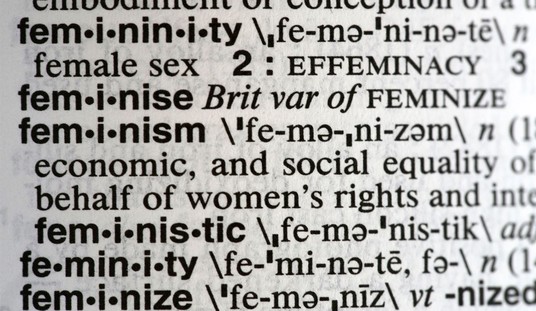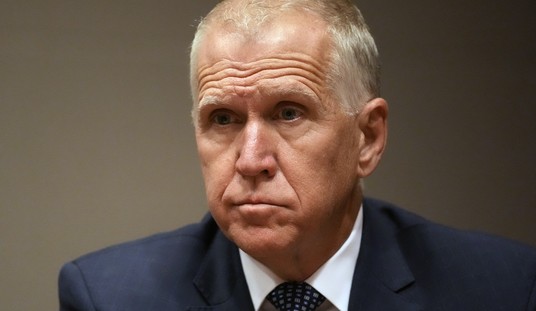In the last 24 hours, beginning with the 11th anniversary of 9/11, all hell has broken loose in the Middle East. Our diplomatic missions in Egypt and Libya have been attacked, with the U.S. ambassador to Libya among those brutally murdered by Islamists. Much will continue to be said about this, but the similarities to Iran 33 years ago are striking. And make no mistake about it, rightly or wrongly, this is now a major political issue in our presidential election, as it was in the 1980 presidential election. Just like that, in one explosive burst, foreign policy is on the front-burner in the 2012 campaign.
Over the last four years, longtime authoritarian Arab leaders in Egypt and Libya have been deposed, supplanted—we fear—by longtime extremist Islamic movements. In Egypt, Hosni Mubarak is gone. In Libya, Moammar Kaddafi is gone. Neither man was, by any stretch, a democrat. And yet, we worry that they have been replaced by something much worse.
Well, something similar unfolded in Iran 33 years ago, when a longtime authoritarian leader and close U.S. ally, the Shah, was replaced by an extremist Islamic movement headed by the Ayatollah, producing the world’s worst, longest-running theocratic/terrorist state. The moment was dramatized on November 4, 1979, when the U.S. embassy was seized and over 50 American hostages were captured and held for 444 days. Like in Egypt, it all seemed to begin, at least visually, symbolically, with the burning of the American flag at our embassy.
The current chaos in Egypt was reportedly precipitated not by any sort of vile commemoration of 9/11, but by an anti-Mohammed film released in parts on the internet and broadcast inside Egypt. That said, it was also reported that the American flag outside the embassy was replaced by pro-Al Qaeda (the perpetrators of 9/11) flags. What other factors may have sparked Egypt and the Libyan outburst? Fairly or unfairly, that’s where the politics comes in.
Recommended
President Obama’s detractors are wasting no time looking for possible added motivations. They are noting the debate at the Democratic convention last week over Jerusalem. They are pointing to the news (released the same day, on September 11, 2012) that Obama allegedly refused an Israeli request for a meeting with Israeli Prime Minister Ben Netanyahu. They are stressing four years of (in their view) weakness, accommodation, amateurism, and a lack of clarity by the Obama administration in the Middle East, from Egypt and Libya to Iran and Syria. Indeed, the “clarity” factor was precisely Mitt Romney’s theme in his September 12 press conference in Jacksonville, Florida, where Romney repeatedly underscored the word “lead” or “leadership,” which he sees as lacking from Barack Obama.
I will not dissect those claims here (some of which I agree with), but what is clear is how this unfolding situation appears eerily like what President Jimmy Carter faced going into his reelection in 1980. Carter was blamed for the fall of the Shah and the rise of the Ayatollah. Republicans will be making analogies between Carter’s mishandling of Iran and the Shah and Obama’s handling of Egypt and Mubarak—and perhaps also of Obama’s handling of Libya and Kaddafi, and still more.
Whoever is to blame, there’s no question that the course of events in Egypt and Libya suddenly seem to be veering even more sharply into the catastrophic direction that Iran took 33 years ago. That is a very bad thing, a rapidly evolving foreign-policy disaster for the United States—and for its president. Will it hurt or help Barack Obama as the November vote approaches? We shall see. In the meantime, get ready for seven weeks of intense and at times nasty debate.

























Join the conversation as a VIP Member